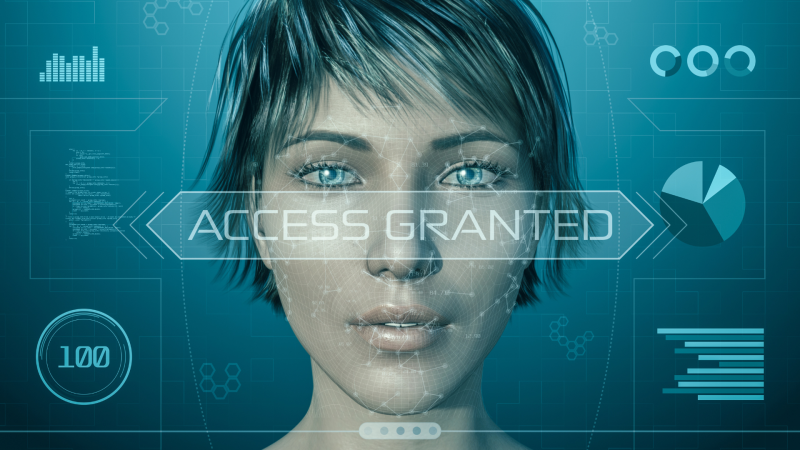Senior Citizen Travel Made Easy: How Facial Recognition Technology is Changing the Game

Categories :
Facial Recognition technology is becoming an increasingly popular measure by transport companies to address passenger fears about the transmission of infections across borders. With its ability to quickly and accurately identify individuals, facial recognition has the potential to revolutionise travel for senior citizens.
As the global population continues to age, travel has become increasingly important for seniors who want to maintain their independence and explore the world. However, the travel process can be challenging for seniors, particularly when it comes to identification and security.
Traditional forms of identification, such as passports and government-issued IDs, can be difficult for seniors to obtain or carry. Additionally, seniors may have mobility issues that make navigating security checkpoints and boarding processes more challenging.
Facial recognition technology allows a person's face to be scanned and compared to a database of known travellers, making it an efficient and effective way of identifying passengers. This technology is particularly beneficial for senior citizens who may not have a valid passport or government-issued ID, which makes the security process at airports difficult.
Facial Recognition for air travel
At airport security checkpoints, facial recognition technology is used to verify a senior's identity without the need for them to present physical identification. This makes the security process faster and more efficient, reducing the stress and anxiety that can come with traditional security procedures.
Raoul Cooper, British Airways’ senior digital design manager, said in an interview:
“[The camera] is looking at the face and taking a number of measurements and building out what we call a biometric template. And that is kind of like the algorithmic side or the mathematical representation of your face, and that allows us to run algorithms on it. We grab your face, and we associate it to your boarding pass. One of our best times was boarding 240 customers in about 10 minutes, without causing massive queues on the aircraft."
Similarly, facial recognition is also be used at airline check-in counters, reducing the need for seniors to carry physical documents and simplifying the check-in process. This is particularly beneficial for seniors who may have mobility issues or who require extra assistance when travelling.
Facial recognition for other aspects of travel
The use of facial recognition technology for senior citizen travel also improves the overall travel experience for seniors. Facial recognition technology makes it possible for authorities to match the faces in real-world environments with those on a database. This helps travel agents, hotels, and other hospitality partners to identify customers quickly and custom tailor their services for them.
One particular area where facial recognition can aid elderly is making payments. It is used to authorise payments quickly and seamlessly. For instance, MasterCard has already started experimenting with a "selfie pay" system that enables confirmation of payments using a smartphone camera, which matches the image with one in a database.
This technology could be utilised in hotels and restaurants to process payments during check-out, without requiring interaction with a staff member. Tourism companies, hotels, and airlines, on the other hand, can utilise it to identify members of loyalty programs and apply discounts automatically to their final payments. This eliminates the need for loyalty cards or discount codes.
The future of travel with facial recognition technology
As technology continues to advance, facial recognition technology is transforming the way we travel, making it faster, more convenient, and more secure. Of course, there are some concerns about the use of facial recognition technology, including privacy and its accuracy.
Despite these concerns, it seems likely that facial recognition technology will play an increasingly important role in the future of travel. As the technology improves and becomes more widespread, we can expect to see it used in more and more applications, from checking in at hotels to renting cars.

With a driving passion to create a relatable content, Pallavi progressed from writing as a freelancer to full-time professional. Science, innovation, technology, economics are very few (but not limiting) fields she zealous about. Reading, writing, and teaching are the other activities she loves to get involved beyond content writing for intelligenthq.com, citiesabc.com, and openbusinesscouncil.org









